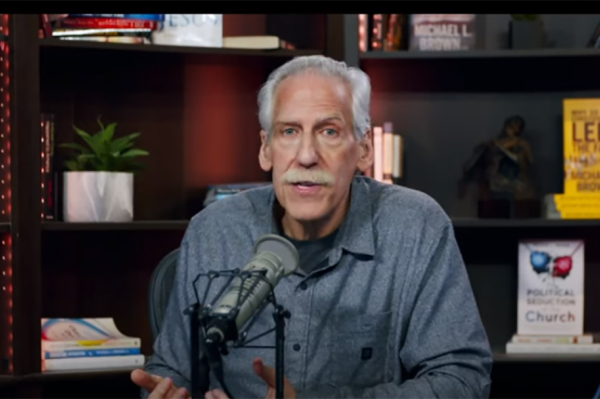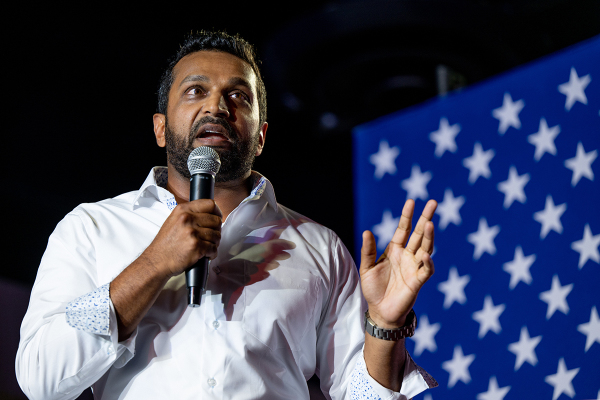How Would an Attack on Iran Influence the Election?
Attacking Iran is one of the options being discussed by the United States and Israel to stop its potential development of a nuclear weapon that could be used to attack Israel. Among the many repercussions of such a decision would be its effect on November's presidential election. While high gas prices could hurt President Obama's reelection chances, a "rally round the flag" effect could help him get reelected.
In the 2008 presidential election, military involvement in Iraq and Afghanistan was the main topic most of the year leading up to the election. In the month prior to the election, though, the Great Recession hit and the economy became the main concern of most voters.
In 2012, could the reverse become true? Will economic concerns be on the minds of Americans most of the year only to pivot to foreign policy as America goes to war, or a proxy war through Israel, with Iran?
High gas prices are one possible consequence.
"Just from a political perspective, do you think the president of the United States going into reelection wants gas prices to go up higher? Is there anybody here who thinks that makes a lot of sense?" Obama joked at a press conference last week.
A recent Washington Post-ABC News poll shows that already high gas prices are taking a toll on Obama's support. About 65 percent of respondents said they disapprove of the way Obama is handling "the situation with gas prices," and a slight majority, 52 percent, said they "strongly" disapprove (margin of error is plus or minus four percentage points).
Chip Saltsman, director of Mike Huckabee's 2008 presidential campaign, believes that high gas prices will prove to be a major weakness for Obama.
"It is his Achilles heel," Saltsman said on "Fox News Sunday." "Gas prices are a daily reminder for people when they're having problems in the economy, when they have to spend 80, 90, 100 dollars to fill up a truck when they're going to work. If he doesn't get the energy prices under control it could damage the economic recovery. It's very fragile."
The actual supply of oil, though, may be maintained at current levels if Saudi Arabia increases its output to match any cutoff of supplies from Iran. Sen. Chuck Schumer (D-N.Y.) pointed this out in a Sunday interview on NBC's "Meet the Press."
"In the short term, we know why prices are up. It's because of Iran and Iran is threatening to cut off oil production. The Saudis have 2.8 million barrels of extra production, total Iranian production is 2.2 million. If the Saudis were to promise that they would replace every barrel Iran took off the market with a new barrel on the market, the price of oil would plummet and I believe the administration is working quietly toward that," Schumer said.
Presidents are sometimes said to have a "rally round the flag" effect during wartime and military conflicts. Public support for presidents tends to increase after the United States in involved in a military conflict. The military conflict does not necessarily have to be successful. President Jimmy Carter saw a boost in public support after he ordered a rescue of American hostages held by Iran in 1979, despite that mission's failure.
Presidents do not always benefit from a "rally round the flag" effect, though. Obama was more popular after Osama bin Laden was killed, but not after aiding Libya.
President George W. Bush's 2004 reelection campaign argued that the nation should not "change horses midstream," meaning that it would be unwise to change leadership during the Iraq War.
A 2007 study by Herbert Weisberg, professor of political science at Ohio State University, and Dino Christenson, assistant professor of political science at Boston University, showed, though, that while Bush benefited from his leadership of the larger "War on Terrorism," the Iraq War was not a net vote gainer for the president. The actual impact that a military strike on Iran could have on the November election is, therefore, difficult to predict.
When Weisberg was contacted by The Christian Post to address this question, he simply answered, "there are too many uncertainties to even hazard a guess."






















